How do you publish and distribute comics during a pandemic? It seems like a Herculean task, to say the least. And yet, there are plenty of small press publishers out there doing just that, right now. One of these publishers is BLACK JOSEI PRESS.
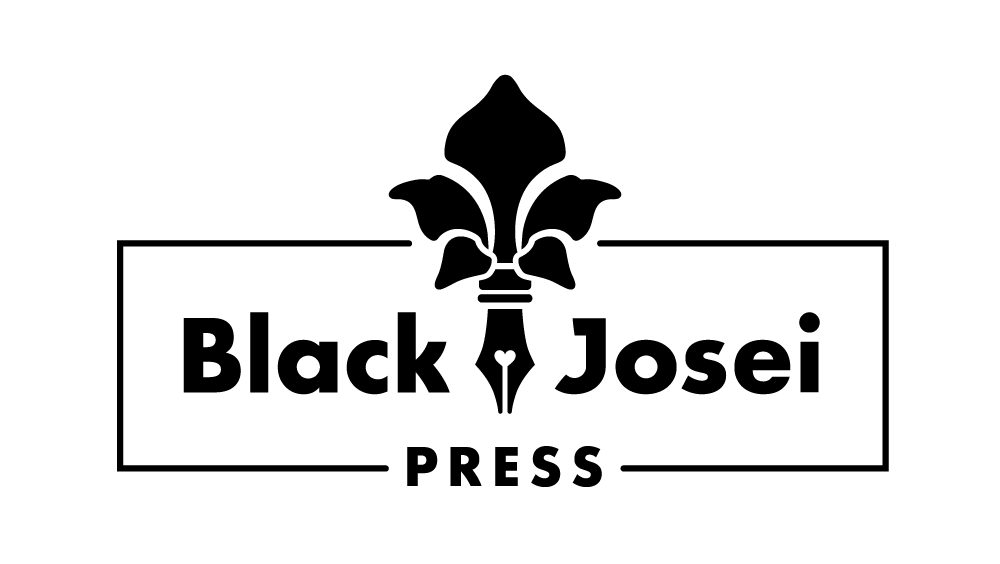
Black Josei Press is an indie comic book publishing company focused on celebrating comics by and for Black and brown women and non-binary people. They hope to change the comic landscape for the better by introducing more comics by marginalized creators into the world. Black Josei Press was founded and is run by Jamila Rowser.
You can find out more about Black Josei Press by visiting their website or by following them on Twitter or Instagram.
I thought I’d send Jamila Rowser some questions about what publishing is like in these strange times, and she was kind enough to answer
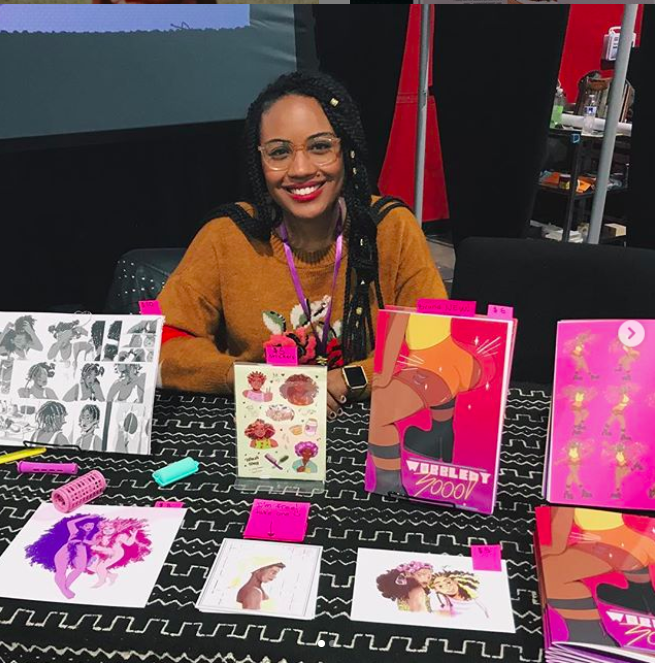
Out of all the things you could possibly be doing with your time, you all decided to publish comics. Why is that?
It was a mix of a few things coming together, it was mostly out of necessity and passion. A few years ago, I decided to finally start writing my own comics and I decided to go with self-publishing. I wanted to publish others’ work because I wanted to see more comics by people who looked like me and my friends and I knew I had the passion and skills to help make that happen.
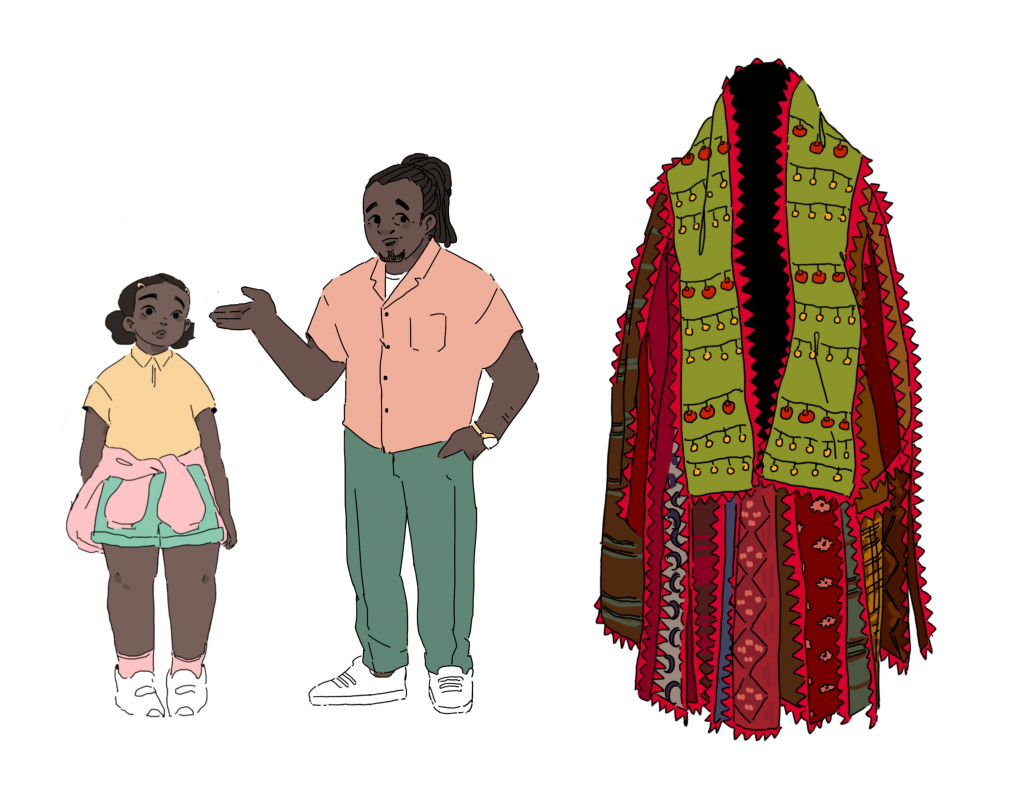
How has the world of comics publishing been impacted by the pandemic?
Not being able to travel around for conventions or do local events has definitely affected us. But traveling to conventions isn’t cheap so we’re not spending as much as we usually would have. We have done a few virtual conventions though and may do a few more later this year.
COVID has also slowed down on comic creation, too. I decided to pause production of Egungun for a few months in 2020. There were more important things going on in the world and the creative team, including myself, deserved a break.
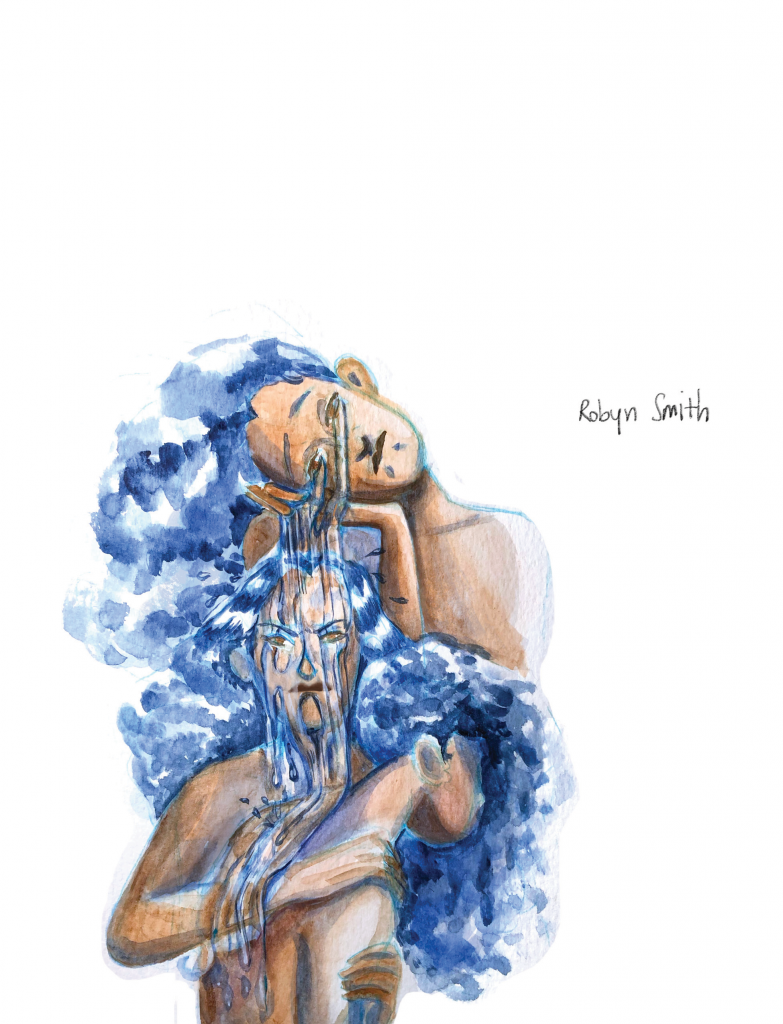
What would you say is the ethos of Black Josei Press? Are there particular types of books you look to publish?
We focus on publishing comics by and for Black and brown women and non-binary people. But it’s more than that, too. There are certain people I want to speak to with Black Josei Press. People whose stories are mistold, or not told at all. And when I say that, it applies to comics like Robyn Smith’s autobio comic, The Saddest Angriest Black Girl in Town, about the intersection of Blackness and mental health, and also me and Sabii Borno’s sci-fi twerking tale, Wobbledy 3000. Both stories just as important at Black Josei Press. We want to see more of those comics in the world.
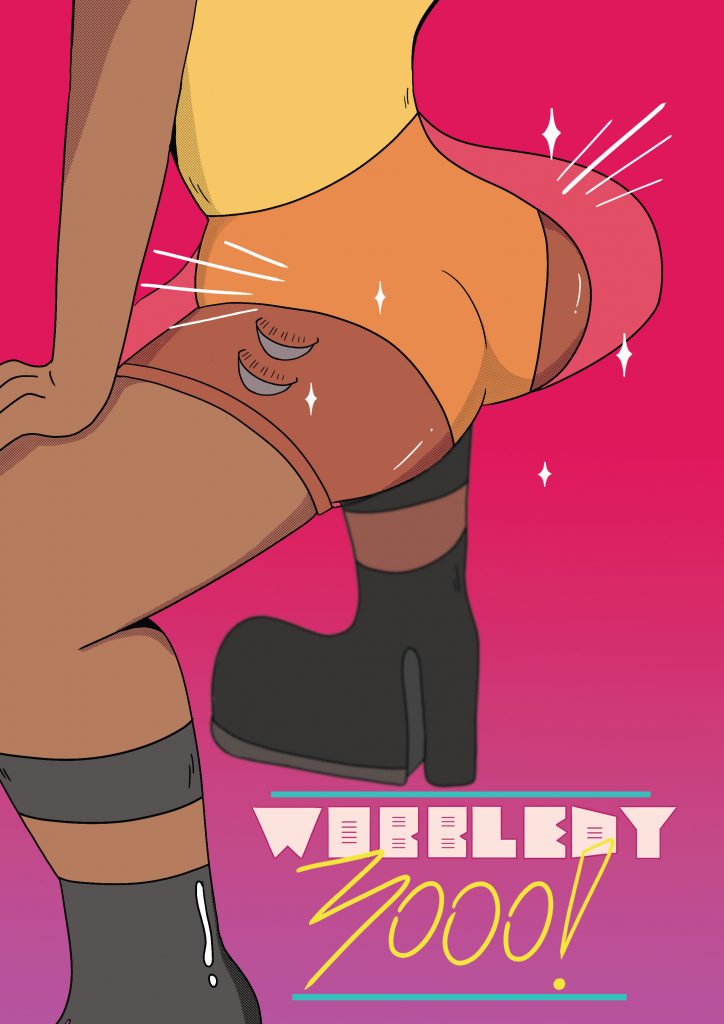
What is it like working on a major project like trying to launch your latest Kickstarter during the COVID-19 pandemic? Has anything changed about your process or your planning?
It delayed the planning of the Kickstarter campaign for The Saddest Angriest Black Girl in Town (which is now live until March 16th!). And when it came down to the actual planning of the campaign I had to take COVID-related delays into account when creating my fulfillment schedule.
Not Kickstarter related, but last year I co-published an anthology called Sun and Sand with Radiator Comics. The anthology features comics about South Florida by local comic creators. We even got it printed by a local risograph printer KSY Press. We originally planned to distribute the anthology for Free Comic Book Day (FCBD) to comic shops, libraries, and other locations in South Florida. Since FCBD ended up being canceled because of COVID-19, Radiator and I decided to share the anthology online to read for free. And folks can also request a free print copy, they only have to cover the shipping costs.
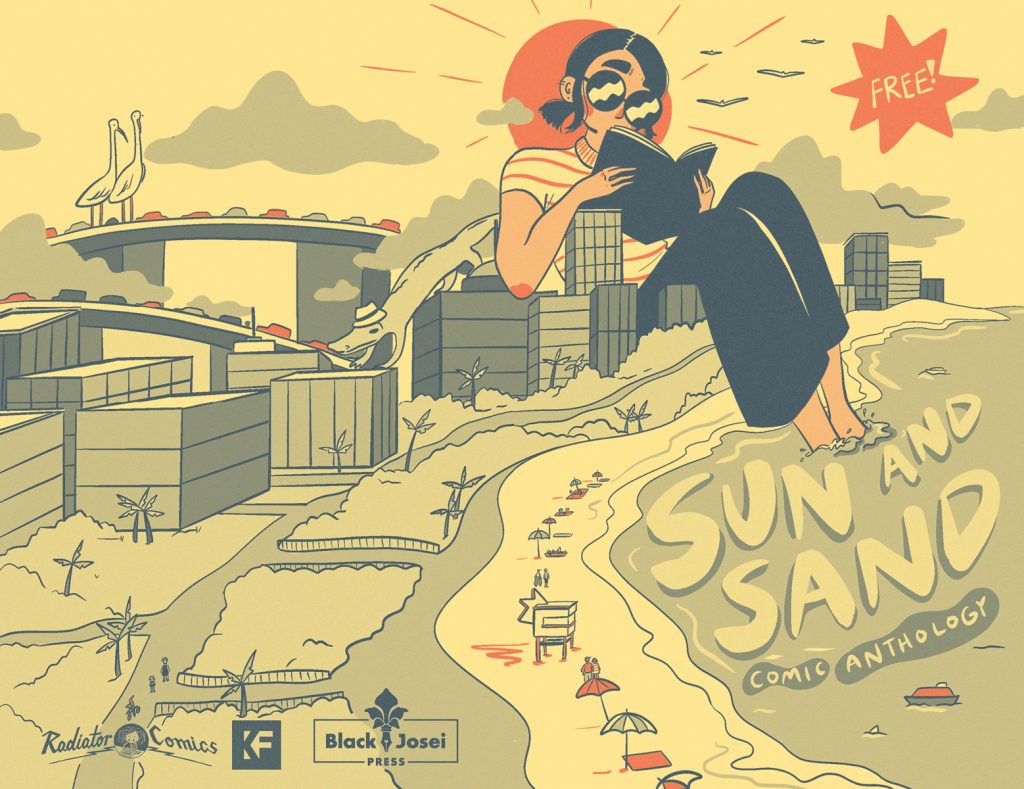
What do you think the world of small press comics looks like when this pandemic is all said and done? What role do you think small presses like yours have in the aftermath of all of this?
A lot of small businesses around the world have been struggling, including small press comics. There are some folks that have still found success online through Kickstarters and online sales which is great. In the end, I think we could all benefit by taking more of a community lens to what we do in the industry.
As far as what role I think we have after this? When it comes to Black Josei Press, I run the company with the same values I have. With the same role I feel I have in this world, and I think businesses, big and small should look into ways they can help support their communities. Whether it’s volunteering (when it’s safe to do so), donations, offering services, fundraisers, etc.
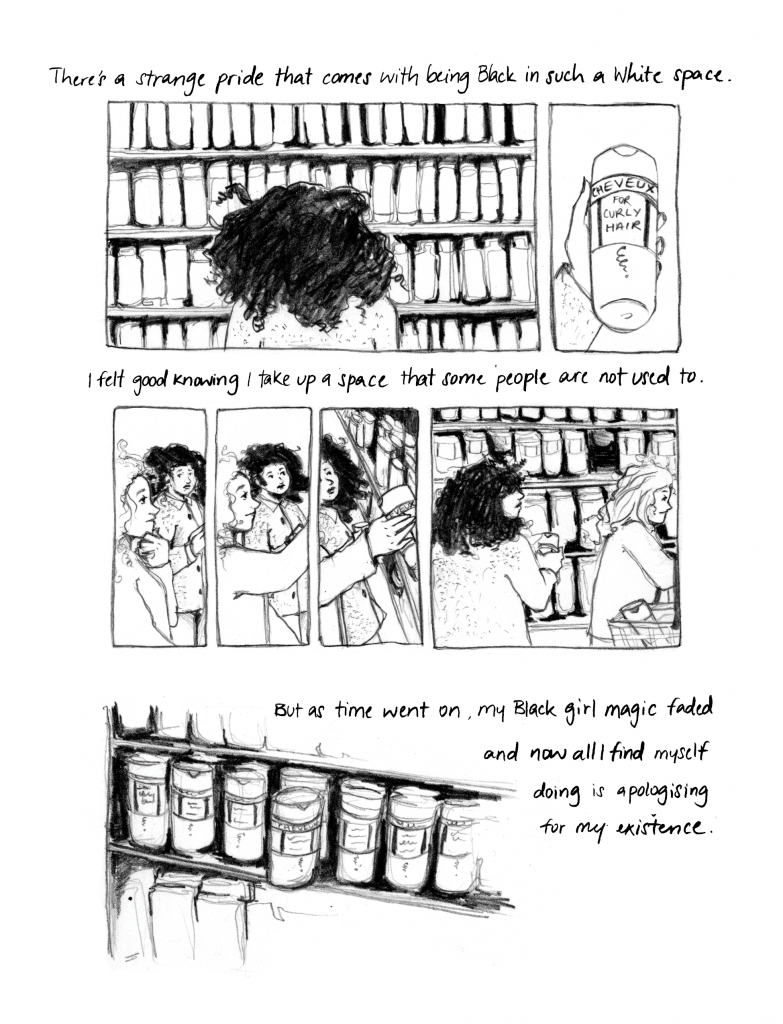
How do you all find the people you work with? Do you offer mentoring or other services to those people?
I find creators almost everywhere, but mostly Twitter and Instagram. Especially the past year since I’m not going to comic festivals. I always have my eye out and take note of creators whose work I think would fit really great at Black Josei Press. I love looking at the different creator hashtags Twitter and Instagram and finding new dope artists that way.
I’m not quite open to submissions just yet, but I may in the future. Any artists, writers, and cartoonists interested in Black Josei Press can email me at hey@blackjoseipress.com and I’ll keep them in mind for any future projects. I don’t offer mentorships right now but possibly in the future.
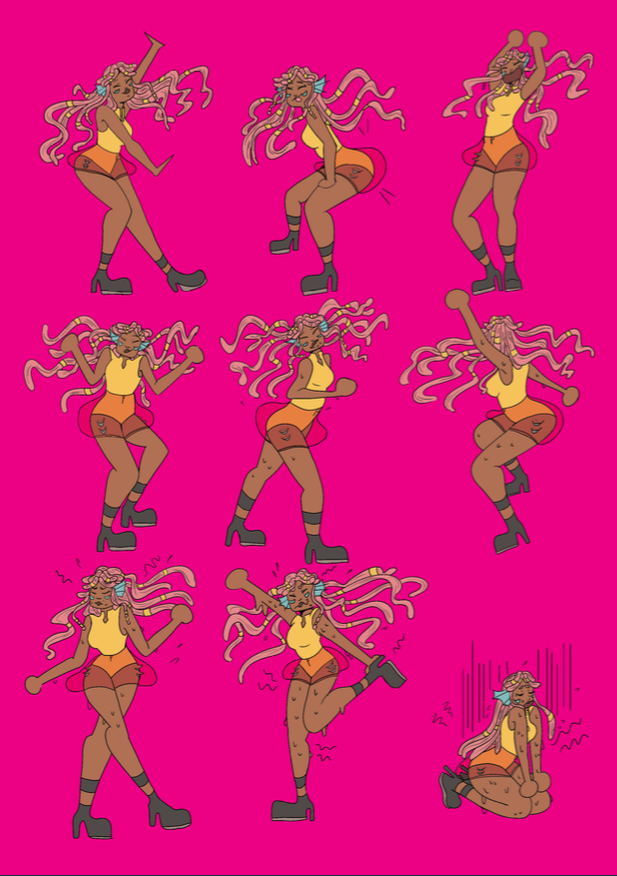
Are you considering inequities or other historical considerations (for example, working with cartoonists of color and LGBTQ+ cartoonists) as you determine your publishing slate?
Always. Black Josei Press is mostly focused on publishing the work of Black and brown women and non-binary people but I do still plan to publish creators that fall outside of those groups.
Other than working with marginalized creators, we’ve run charity drives and made donations to organizations such as J-Flag, National Bail Out, and Stop AAPI Hate in the past. We will continue to strive to do more to help marginalized people.
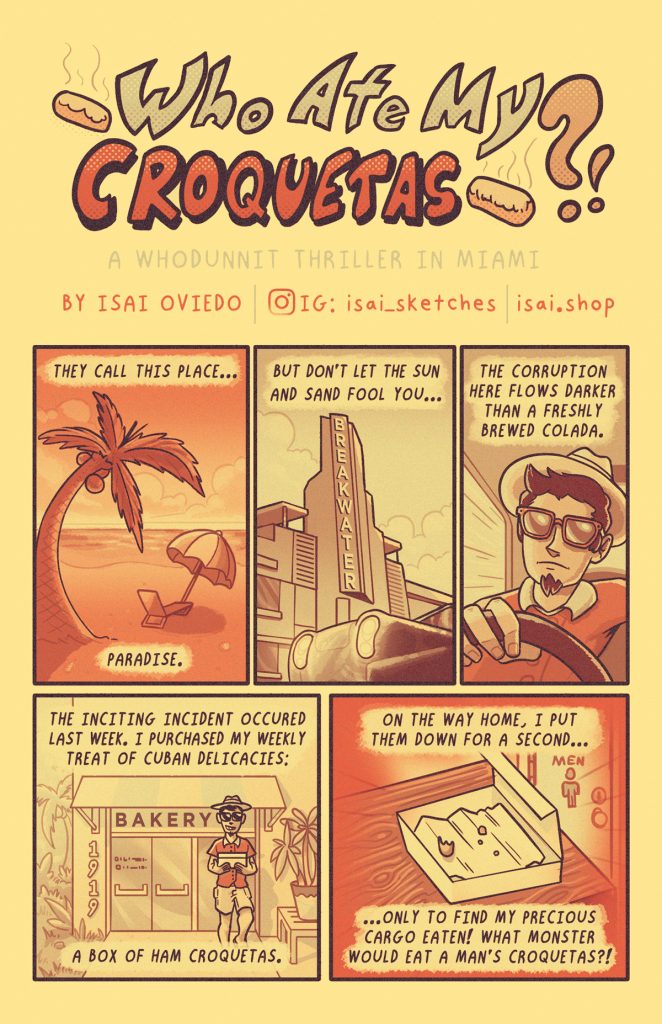
Thanks so much for your time and your words. Any last thoughts you’d like to leave with?
Check out the Kickstarter we’re running for The Saddest Angriest Black Girl in Town by Robyn Smith. It’s a beautiful autobiographical comic that explores the intersection of Blackness and mental health and the campaign ends on March 16th.
And last but not least, remember to be kind to yourself. <3
SOLRAD is made possible by the generous donations of readers like you. Support our Patreon campaign, or make a tax-deductible donation to our publisher, Fieldmouse Press, today.

Leave a Reply